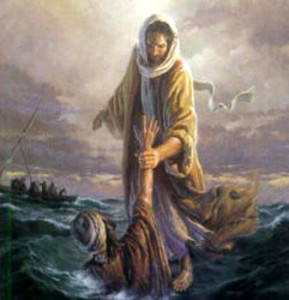Part Two – The Authority of God Historically in American Culture
As late as 1873 God’s authority and the supremacy of the Bible was raised as an unassailable tower of strength. In that year retired President of Yale, Reverend Theodore Woosley, in a speech to the Evangelical Alliance proclaimed, “In what sense can this country be called a Christian country? In this sense certainly, that the vast majority of the people believe in Christ and the Gospel, that Christian influences are universal, that our civilization and intellectual culture are built on that foundation . . .”[1] John Warrick Montgomery paints a very accurate picture of the influence of Christianity on life in America that supports Woosley’s contention.[2] He suggests that because American culture was influenced from its very inception by Christian theism there existed a depository of values from which Americans drew. Through the early 20th century America utilized this “inherited capital” of Christianity as a vanguard of sorts to draw upon when answering the questions of life that resulted from societal turmoil. Eventually however, the forces unleashed in the Enlightenment, most notably empiricism coupled with scientific inquiry informed by naturalism managed to shake off what was viewed as religious constraints.


